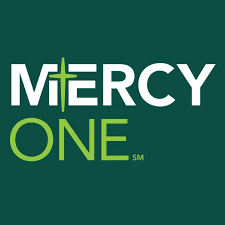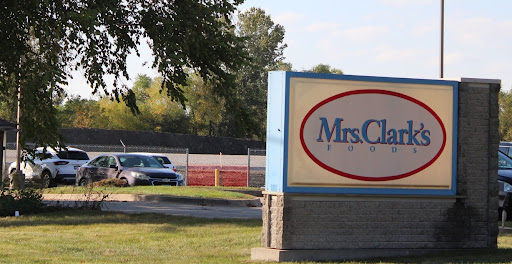5 things you need to know from the Capital Crossroads quarterly meeting on Wednesday

Here’s what you may have missed from Wednesday’s meeting of Capital Crossroads:
1. Launching of the new DSM USA 4 Equity Task Force: The task force is led by Big Brothers Big Sisters of Central Iowa CEO Renee Hardman, Marta Codina, regional bank president for Wells Fargo, and Kum & Go CEO Tanner Krause. It held its first meeting last week. The task force’s mission is to “elevate central Iowa’s commitment to racial equity by creating and implementing sustainable cross-sector action that drives measurable shifts in policy systems and practices.” Codina, an immigrant from Cuba, said the task force will strive to mobilize great work being done in the community, “and truly collaborate and create some very sustainable action that can drive very positive, measurable successes in our community, not just for our generation but moving forward.” Hardman said she believes the task force can be a model for other cities to emulate as they work toward results and accountability, and “move the needle on what needs to be done.” Krause said he acknowledges “the tremendous privilege in which I was born.” His goal, he said, is to help “create a more fair and equitable society, and develop Des Moines and this country into a place where … your success in life is less dependent on the ZIP code in which you were born and raised.” Updates from the task force will be included in future quarterly meetings.
2. DART funding formula changes: The DART commission earlier this month approved a new property tax formula that DART CEO Elizabeth Presutti said “will begin to be implemented over the next eight years.” Through that process, Presutti said, the commission recognized the challenges of funding transit entirely through property taxes. “So one of the things they are starting to actively work on is finding other ways to diversify DART’s funding stream … and finding other funding sources that will alleviate that property tax burden is something that is top of mind for them and one we will be working at the Legislature on over the next several years, realizing it’s a multiyear process.”
3. DART to begin public outreach on long-range transit planning and transit optimization study: Presutti said public outreach will begin in mid- to late March, and DART is looking for input communitywide. “We are also wanting to be really intentional about how we serve members of our underserved community … and seek input from those that most need our services. If you have ideas or ways that we might be able to engage our organization or groups you work with in the community, we would love to hear them as work to facilitate that public outreach.”
4. Central Iowa Water Trails governance: The proposed structure of the new governance structure bylaws and the 28E agreement is being presented to member communities. Organizers are also looking at the number of representatives on the board and looking at models such as DART and MPO, and increasing representatives and determining a funding formula based access points or from those communities with more “navigable waters,” said Maggie McClellan, Central Iowa Water Trails project manager. “Our goal is to have the 28E agreements and entity forms and our new board meeting by July of this year, so that’s going to coming up here fairly quickly, but we feel really good about where we’re at in the whole process and where we’re headed, so we expect to stay on target while that’s going on.”
5. Startups raised $145 million in venture funds in 2020: That was $100 million more than was raised in 2019, according to Clay and Milk, a digital publication that covers the state’s tech, startup and entrepreneurial communities. Billi Hunt, executive director of the Cultivation Corridor, referred to the report in her presentation. She said the increase is partly the result of the “evolution and ecosystem for startups in Iowa that is making a difference.” Of that $145 million, 49% came to food and ag industry startups. “The key part is we need to keep investing in the ecosystem making sure we identify the startups and pull them through so they can get the big rounds like the $40 million round that Growers Edge in Johnston got this past year. Those are huge opportunities there, but we need to make sure we put businesses in early into the funnel to pull that along.”









